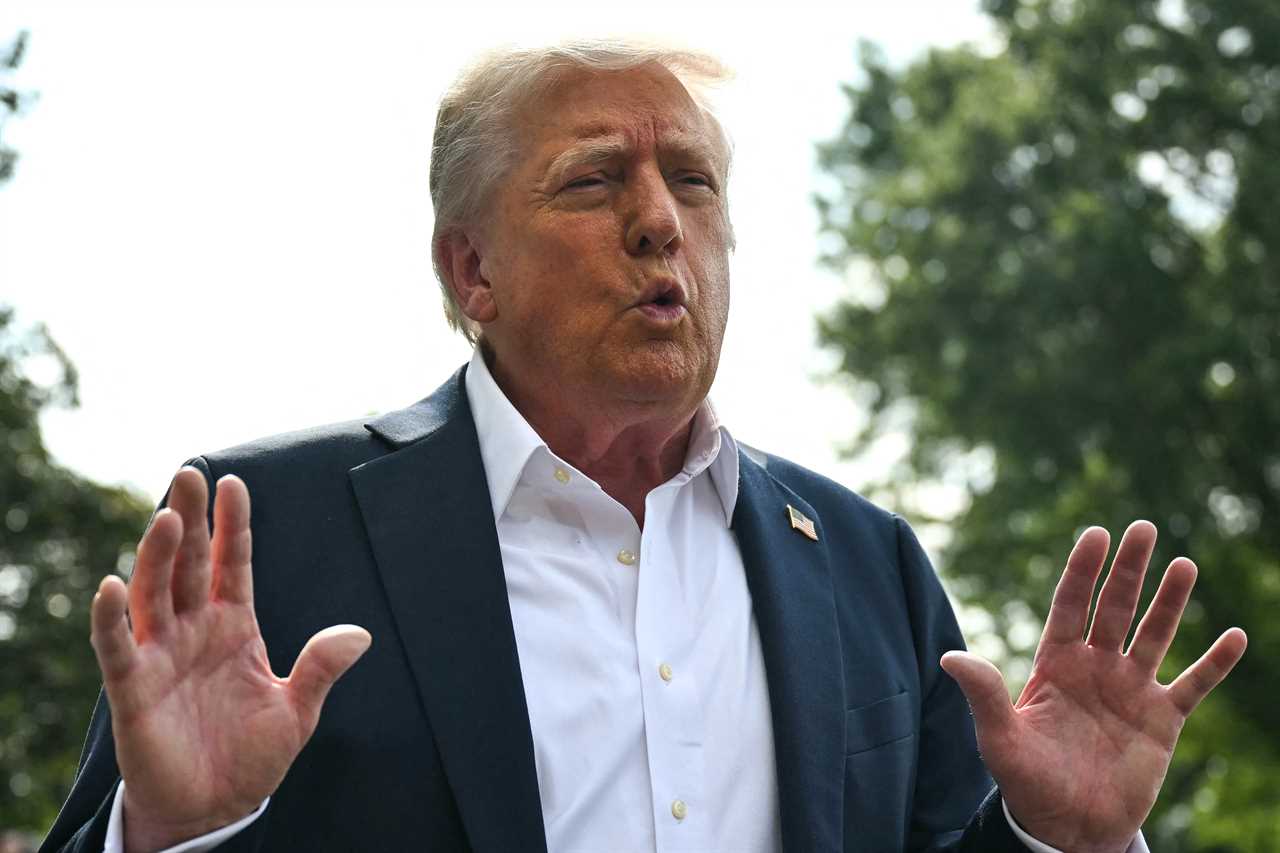
The upcoming state visit of US President Donald Trump to the UK has sparked discussions about parliamentary protocol, political tensions, and diplomatic intricacies. While French President Emmanuel Macron was afforded the opportunity to address Parliament during his visit, Trump's itinerary reveals a notable absence of this traditional gesture. This decision carries significant implications amidst a backdrop of growing global scrutiny.
Political Dynamics and Potential Backlash
Speculation suggests that the timing of Trump's visit aligns strategically with the parliamentary recess in mid-September, sparing him from addressing a potentially hostile audience. Labour Party MPs, including Sir Keir Starmer, had expressed concerns and even threatened to boycott Trump's address, highlighting the divisive nature of the US President's visit within British politics. This move not only averts a potential embarrassment for Trump but also underscores the complexities of UK-US relations in the current political climate.
The Evolving Nature of State Visits
Trump's upcoming visit, slated as his second state visit to the UK, diverges from traditional norms observed by previous US Presidents. The absence of a visit to Buckingham Palace and a ceremonial carriage ride in London sets this visit apart, signalling a shift in diplomatic customs. By forgoing an address to Parliament, Trump deviates from the precedent set by predecessors such as Barack Obama and Bill Clinton, raising questions about the evolving nature of state visits and diplomatic protocols.
The Global Context of Diplomatic Gestures
Amidst a backdrop of global uncertainty and shifting political landscapes, diplomatic gestures take on added significance. The decision to exclude a parliamentary address during Trump's visit reflects not only internal political concerns but also broader international dynamics. As the UK navigates its relationship with the US in a complex geopolitical environment, every diplomatic nuance carries weight and reverberates beyond national borders.
While the exclusion of a parliamentary address may shield Trump from potential backlash, it also underscores the delicate balancing act that Prime Minister Boris Johnson faces in maintaining a strategic alliance with the US while managing domestic political sensibilities. The evolving nature of state visits in an era of heightened political polarization raises questions about the future trajectory of diplomatic norms and the role of symbolic gestures in international relations.
As Trump's visit draws near, the absence of a parliamentary address serves as a poignant reminder of the intricate dance of diplomacy and politics. It prompts reflection on the evolving nature of state visits, the power dynamics at play, and the enduring complexities of international relations. In a time of heightened scrutiny and global interconnectedness, every diplomatic decision resonates far beyond the walls of Parliament, shaping the narrative of contemporary diplomacy.






